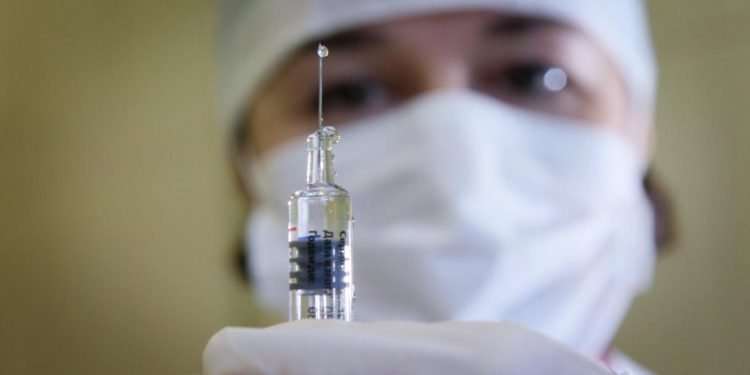France’s Pasteur Institute is planning to launch human trials on a coronavirus medication this winter, according to a France24 report last week. Institute scientific director Benoît Deprez says the drug has undergone laboratory studies which show it has considerable power against the coronavirus.
The Pasteur Institute is not releasing the name of the drug, which has been used to treat other conditions in the past, in order to avoid a media frenzy like the one that surrounded hydroxychloroquine. The drug should start early clinical trials in winter, after which it could be approved for treating patients suffering from COVID-19.
Used in concentrations acceptable for human use, the drug can prevent the virus from replicating in several types of human cells, Pasteur Institute director-general Xavier Nassif noted. Based on in vitro trials, the drug has very few side effects and is well tolerated, which makes it an excellent candidate. Nasiff pointed out that the institute is being cautious as it continues looking for confirmation through these trials.
The intention is to make the drug available for use immediately once human trials show it can block viral replication as well as it has in laboratory trials. Nassif noted that the drug can be administered orally and could prevent those infected with the coronavirus from falling seriously ill as well as protect those who come into contact with the virus from becoming carriers.
When given to asymptomatic patients, it could cut quarantine time by preventing secretion of the virus, Nassif said, adding that planned trials will help the institute to determine its exact uses and the impact it may have on management of the pandemic. Production of the drug is not very expensive and the institute is keeping the manufacturer informed about progress. The makers are being very cooperative, according to Nassif, who is confident that everything will be done to make the drug available.
If all goes to plan, animal trials — on macaque monkeys — should start in November. If successful, the institute will publish the results enabling it to move on to human trials faster.




